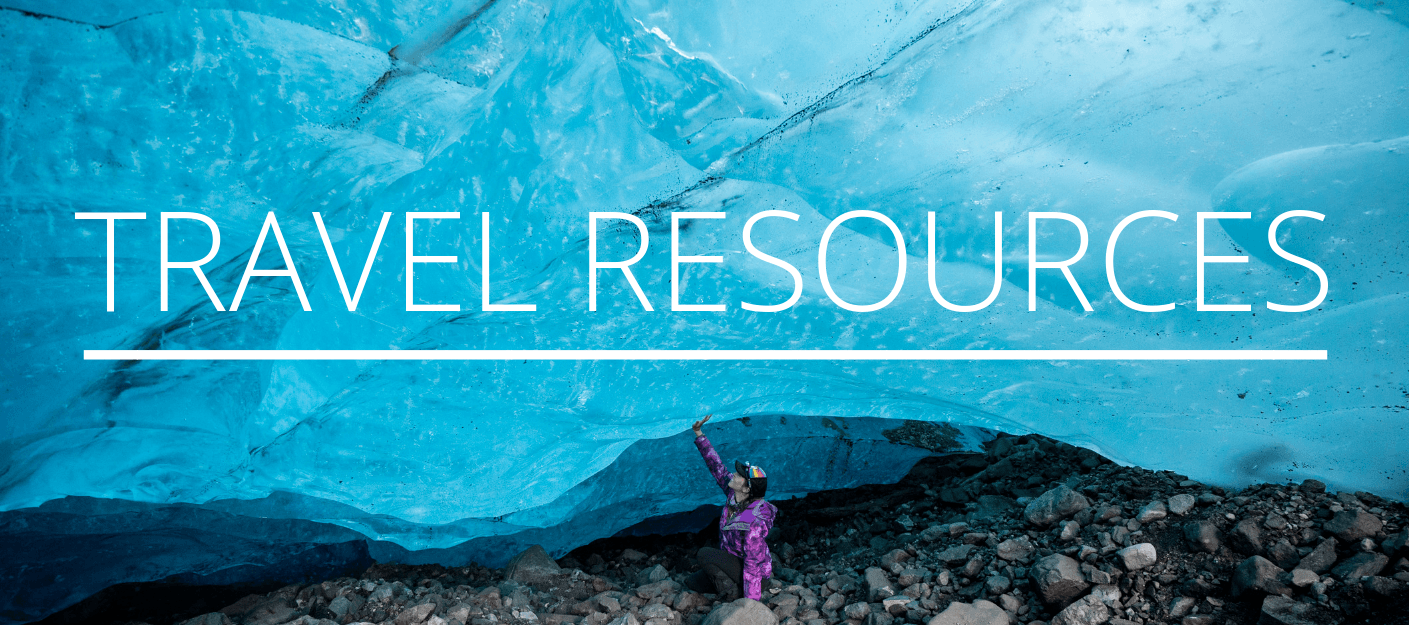
Welcome to travel resources! This page is designed to make your trip planning a breeze, whether it's a vacation or a complete lifestyle change. These tips will help you figure out where to go, how to budget it, how to document it, what to bring, and how to maximize it. Regardless of where you are in your planning phase, I promise what you find here will make it even easier on you.
The following are my top tips after over six years of consecutive solo travel all over the world.
If you're looking for a listing of posts, click here to visit the archives or here for the best of the blog.
Planning Your Trip
Where in the world would suit you best? Do you want tropical beaches, snowy mountains, sandy deserts with clear starry skies or something else entirely? It all comes down to your budget, what you want to experience, and what suits your timing and interests best. These guides can help you get there:
Packing Tips and Gear
Are you traveling to a warm climate? Are you traveling to a cold climate? Are you hoping to pack as lightly as possible? Here are my top tips on what to bring and what to ditch, plus a guide to my photography gear!
Road Trips
Everything you need to know to plan an epic road trip, plus itineraries around the world to inspire you to get on the road!
Practical Info
More tips on how to pack like a minimalist, how to deal with naysayers, and my personal journey over the years.























